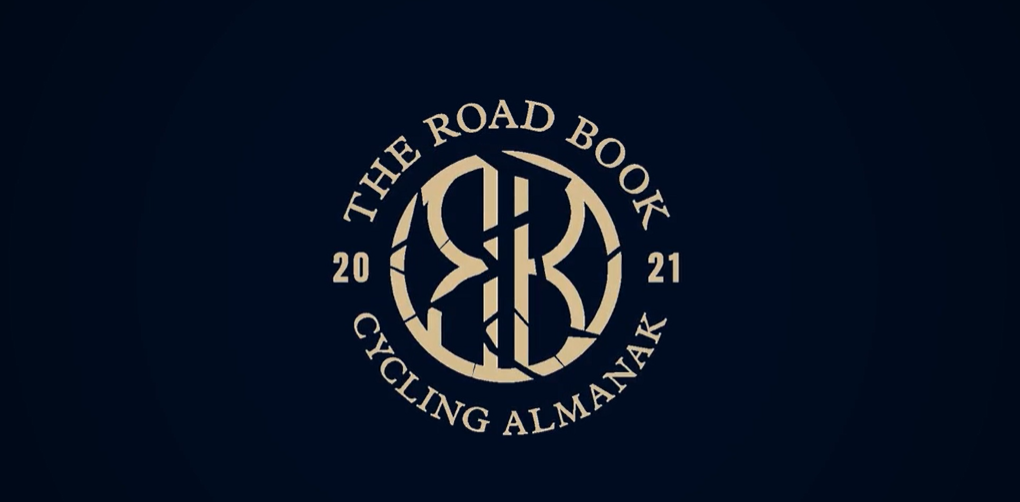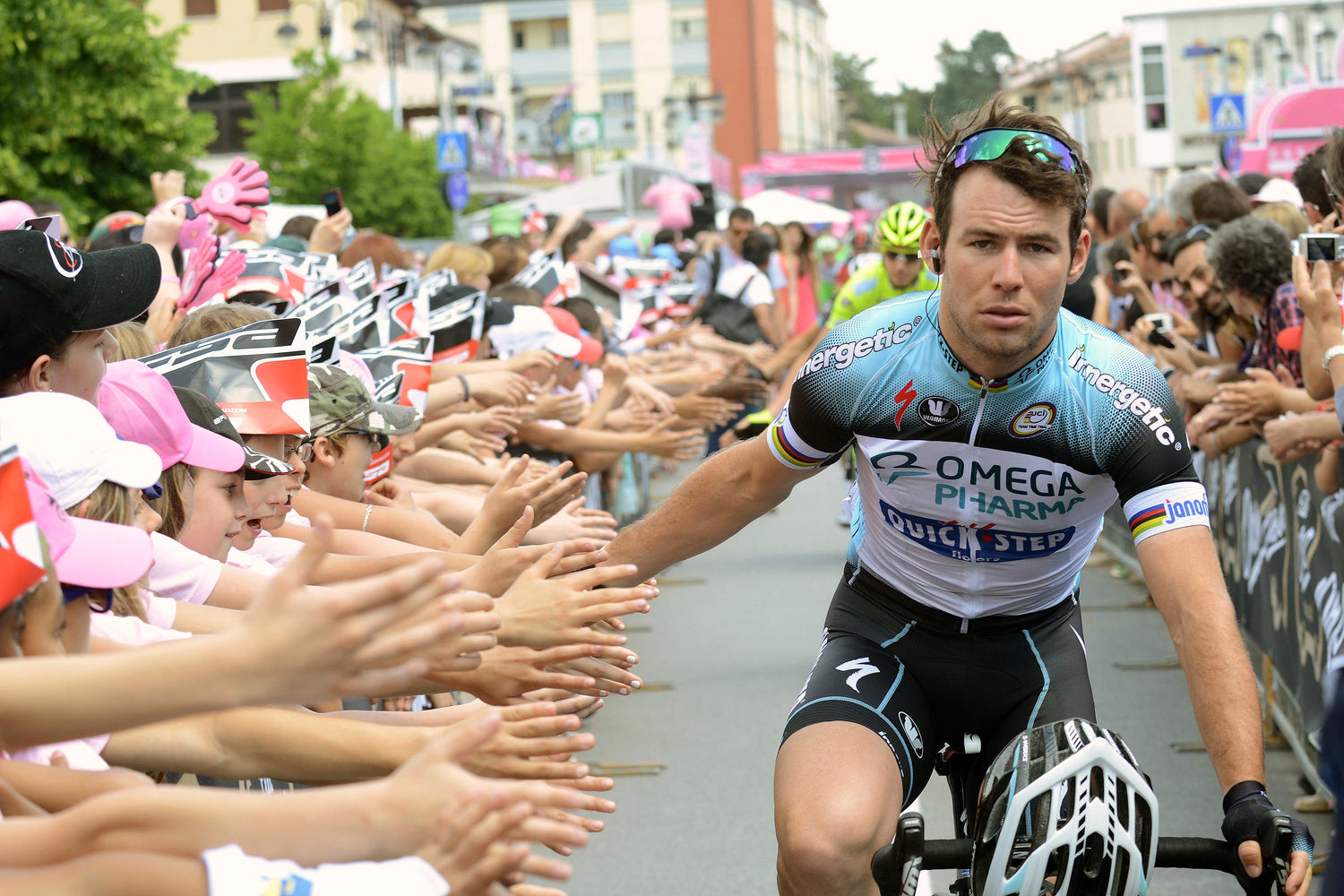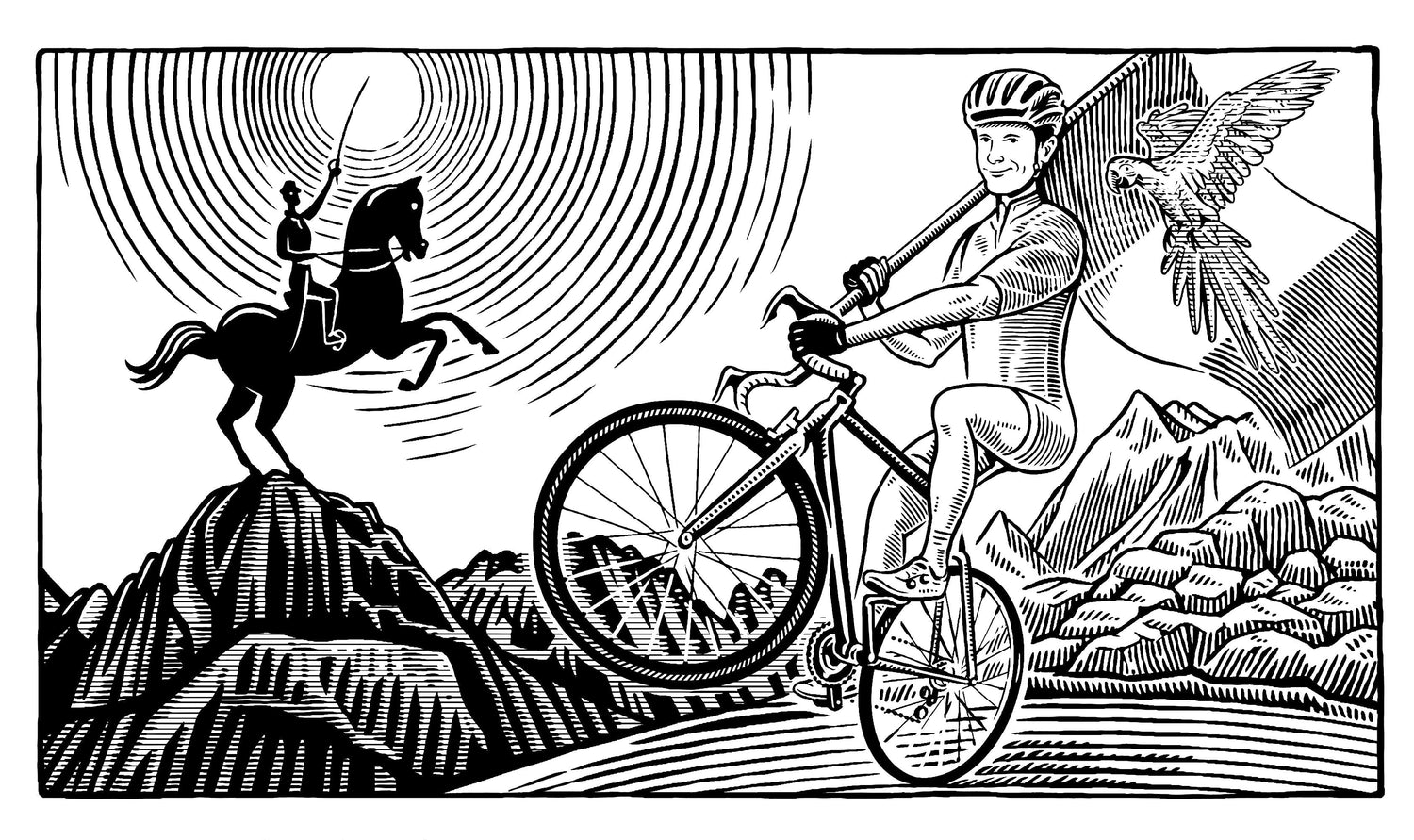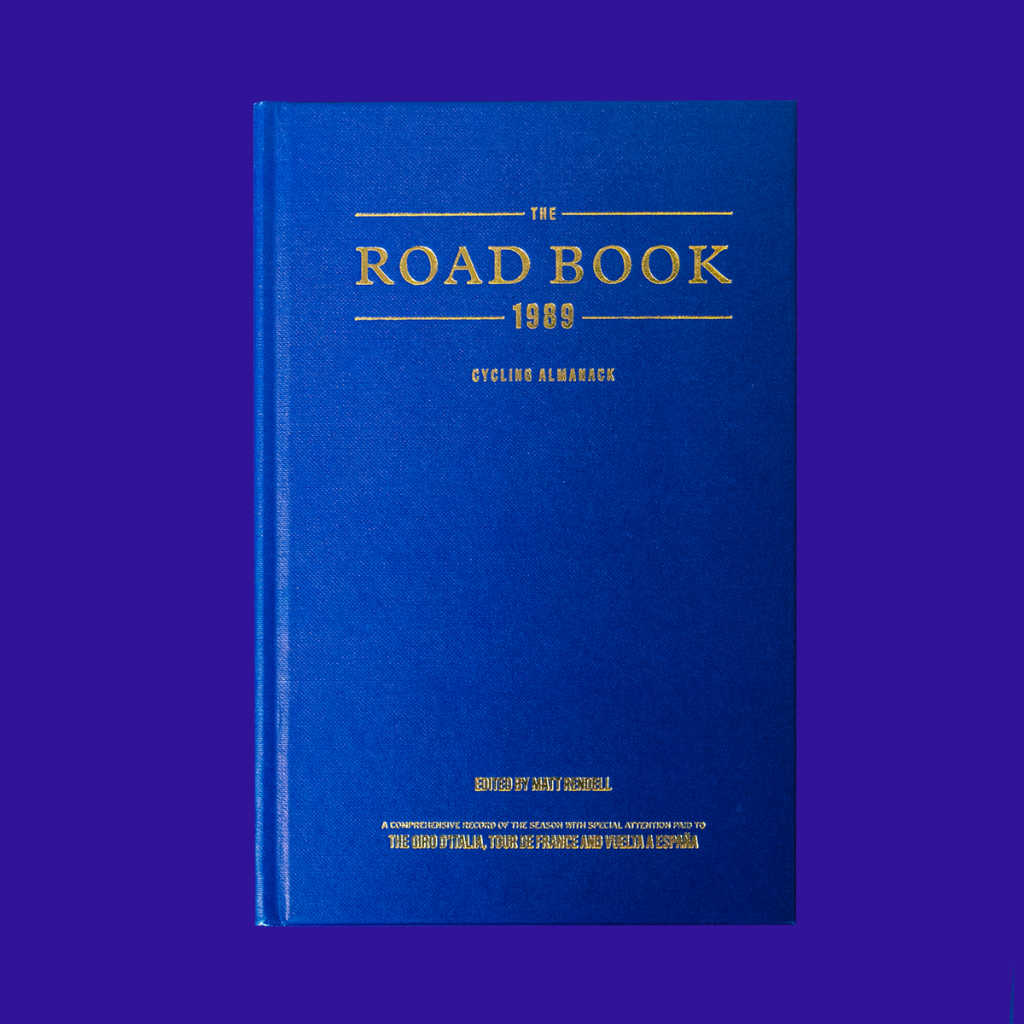Preview: This extract has been taken from The Road Book 2021’s “The Editor’s Introduction”. To read the full article by Ned Boulting, make sure to order your copy of the 2021 first edition while stocks last.
2021 wasn’t really supposed to be like this. Even though the populations of the world were warned repeatedly and severally by those who had studied the consequences and effects of pandemics that we would be living with the aftershocks of Covid-19 for years to come, the unsilenceable optimist within us all refused to embrace the reality of their prognosis. The trauma of 2020 could not possibly be repeated, or so we believed.
We were partially, but not completely, right.
The first inkling that the cycling calendar might once again be prised asunder came before the turning of the year. In fact, just as we at The Road Book were putting the finishing touches to the 2020 edition, in the naïve expectation that its diminished size and fractured nature would be a unique volume, the organisation of the Tour Down Under fired off the first warning pistol into the ever-darkening November air of the northern hemisphere. Australia’s season-opening stage race would not take place in 2021. The cancellations, it seemed, had begun again.
The Tour de San Juan followed not long after, then the Tour Colombia. The two important early season stage races which had attracted such strong start-lists over recent years and had offered wintry populations of the Northern Hemisphere a glimpse of the baking heat of Argentina and the sultry tropical warmth of Colombia, were simply erased from the calendar. Then, in order to get ahead of the third-wave curves of mounting Covid infection sweeping through much of the world, relatively minor races were suddenly being cancelled or at least postponed across the continent of Europe; in Belgium, the Netherlands, France, Italy and Spain. Paris Camembert and the Tour de Normandie, both celebrated keystones of the French cycling year were struck off. In Germany, the 59th Eshborn-Frankfurt would not take place as planned. The traditional Challenge Mallorca series of one day races was shunted from its usual berth at the end of January to a rather hopeful-seeming new place in the calendar in May, as were the Volta ao Algarve and the Ruta del Sol, with the Volta a la Communitat Valenciana moving to mid-April. More emphatically still, Malaysia’s Tour de Langkawi, Asia’s most prestigious stage race was dropped completely for the first time since its inaugural edition in 1996. The signs were not good.
And yet, there the wobbling edifice of another rapidly collapsing racing calendar seemed to steady itself. The worrying string of deferrals and cancellations stopped unfurling, and gradually a strong outline of the familiar race pattern started to emerge, set against a backdrop of patchy vaccination programmes being rolled out with staggering speed in certain territories, and painful sluggishness in others. Not uncontroversially, the entire UAE Team Emirates squad, including their 2020 Tour de France champion Tadej Pogačar were among some of the very first people in the world to be vaccinated against Covid-19, receiving doses of the Chinese-developed Sinopharm vaccine at a training camp in Abu Dhabi in early January.
Regardless of when or where they might resume racing, the teams prepared themselves for action, ready to perform as and when required. But the winter of 2020-2021 had shaken the dice. There had been some big name riders on the move in the men’s peloton. Whereas in the women’s equivalent, there had been just one that really mattered.
Annemiek van Vleuten, entering her 14th year as a pro at the age of 38, had switched to ride for Movistar, in an eye-catching move designed to deliver the Spanish team the kind of regular and repeated successes which had eluded them over the first three years of their existence. The European Champion would once again benefit from the fact that, akin to the Mitchelton Scott team that she had left, Movistar would organise joint training camps for both the men’s and the women’s teams. Once again, therefore, van Vleuten would benefit from the work she could do alongside both her male and female colleagues before her season would get underway at the end of February in Omloop Het Nieuwsblad, a race she won in 2020 as she embarked on a 5-race winning streak. Victory in that race was denied her, however, as both van Vleuten and Lizzie Deignan made an uncharacteristic mistake in their positioning which saw them out the back and effectively out of the race when it split in the wind. That opened the way for Anna van der Breggen to pick up where she had left off in 2020; by winning.
Women’s racing evolved fast in 2021. A minimum salary of €20,000 was applied throughout the World Tour squads, though Bike Exchange and Trek Segafredo unilaterally raised their minimum to match that of their male riders, effectively doubling their pay. Trek Segafredo also decided to match the prize money their riders could earn, where races had both male and female versions, and a disparity existed. And Abi van Twisk’s case broke new ground when her team, Trek Segafredo, honoured her salary throughout her pregnancy, something that UNO-X have also safeguarded for Elinor Barker, who is also pregnant, and will ride for them in 2022. Each one of these steps move the women’s peloton towards a more enlightened and just future; and though they may be small gestures, they may well make a huge difference in the lives of the individual athletes concerned.
The men’s Omloop Het Nieuwsblad finished with a 45 rider bunch sprint, the biggest group to come to the line for years. Davide Ballerini comfirmed his promise of 2020 by taking the victory, with young British rider Jake Stewart picking up a surprise second place. A few weeks later, Stewart would become embroiled in controversy when he was forced into the barriers by Nacer Bouhanni in the final of the GP Cholet Pays de la Loire. Stewart publicly took the French sprinter to task, and Bouhanni was fined and disqualified for the illegal and dangerous manoeuvre. Sometime later, Bouhanni revealed that he had been on the receiving end of appalling racial abuse online. The cycling world was forced to take stock once more of the need to address its continuing problem with racism.
In the ranks of the men’s World Tour, one name in particular was generating more column inches than any other; Chris Froome. His move to Israel Start-Up Nation seemed, on the face of it, like a gamble. Nothing about his 2020 form had suggested that the seven-time Grand Tour winner was even close to getting back to his best, or even close enough to be competitive. Yet Froome continued to talk up his chances and remained positive as the season got underway and for the first time in a decade he was no longer a Sky/Ineos rider.







